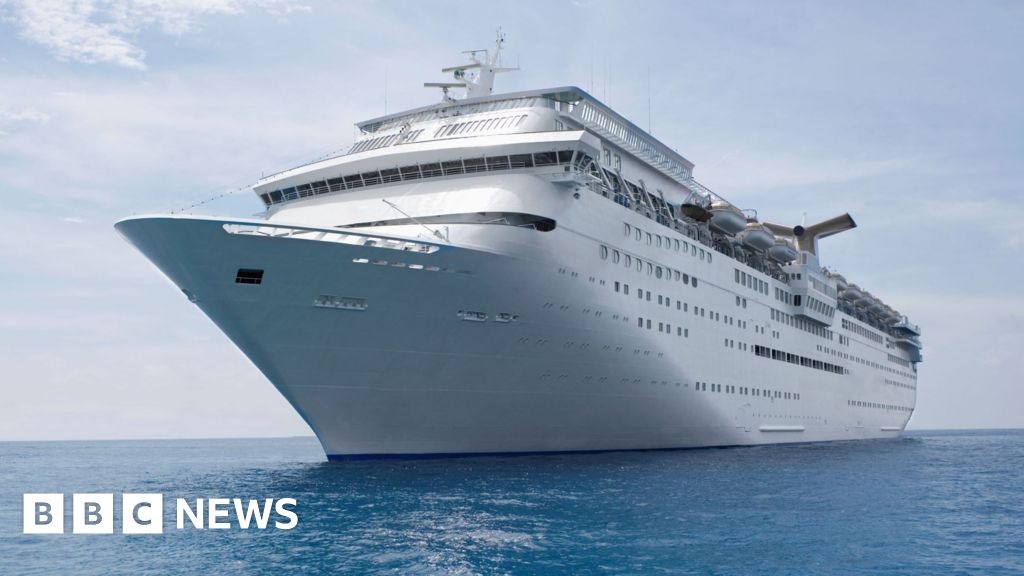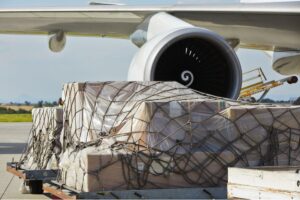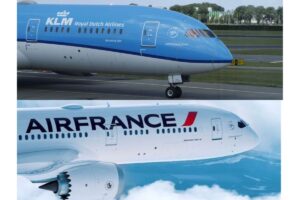
Belfast Harbour is to invest £90m to improve the port’s facilities for cruise ships and the wind energy industry.
It is hoped the investment will mean more cruises start and finish in the city rather than just calling for a day.
It is part of a wider £300m spending plan by the harbour over the next five years.
The harbour is also seeking a change in the law which would allow it to borrow money for investment.
Almost 150 cruise ships called in Belfast last year, bringing 260,000 passengers and crew.
The harbour hopes that it can convince companies to start and finish cruises in Belfast and will upgrade its facilities for that purpose.
It will involve moving the cruise terminal to a currently undeveloped site on Airport Road West.
Belfast Harbour chief executive Joe O’Neill said: “Part of our ambition is to do what are called turnaround cruises.
“That’s where people come here, they board, they do a seven-day cruise and return.
“To cater for that segment of the market we need more substantial facilities, an airport type terminal.”
The site already has planning permission and the facility could be complete by late 2027 or early 2028.
Moving the cruise berth will also free up space to expand the harbour’s existing marshalling area for wind turbines.
Mr O’Neill said there were increased opportunities in the sector with some major offshore wind farms being planned off the Irish coast.
“We envisage about 30 different windfarm projects over the next 10 years or so in our natural trading hinterland,” he said.
“We’ve got some existing capacity but we want to enhance that.”
Investment by the harbour is currently funded from its retained earnings, rather than by borrowing money.
It wants to borrow to invest in larger projects but is currently constrained by its legal status.
It is classified as a public corporation, meaning that any debt it takes on counts as part of Stormont’s capital budget.
It wants to be reclassified as a private corporation which requires legal changes, including reducing the role of the Infrastructure Minister in appointing the harbour board.
A change to the law in Scotland has allowed similar legal reclassification of ports there.
The Department of Infrastructure has launched a consultation on the issue.













